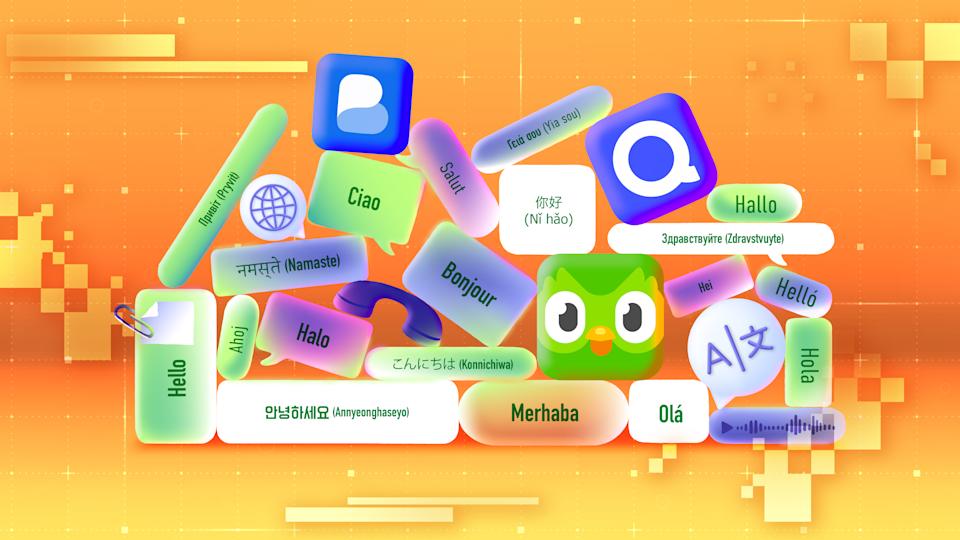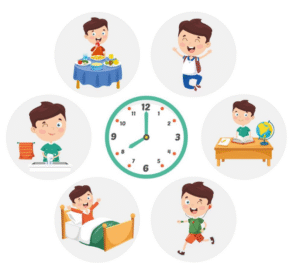
The Science of Happiness: Simple Habits for a Better Life

Want to feel happier every day? Science has the answers you’ve been looking for.
Happiness isn’t just a lucky accident – it’s something you can actually build through simple, science-backed habits. Researchers have spent decades studying what makes people truly happy, and the good news is that most of their discoveries are surprisingly easy to put into practice.
What Is the Science of Happiness?
Positive psychology – the scientific study of what makes life worth living – has revolutionized how we understand wellbeing. Unlike traditional psychology that focused on mental illness, happiness research examines what helps people thrive and feel fulfilled.
Scientists have discovered that while genetics play a role in our happiness levels, 40% of our happiness comes from our daily choices and habits. This means you have real power to boost your mood and life satisfaction starting today.
10 Simple Happiness Habits That Actually Work
1. Practice Daily Gratitude
Gratitude is one of the strongest predictors of happiness. Research shows that people who regularly count their blessings experience:
- 25% higher life satisfaction
- Better sleep quality
- Stronger immune systems
- Improved relationships
Try this: Write down three things you’re grateful for each morning. They can be small (like a good cup of coffee) or big (like supportive friends).
2. Move Your Body Every Day
Exercise is nature’s antidepressant. Physical activity releases endorphins – your brain’s natural “feel-good” chemicals. Studies prove that regular exercise can be as effective as medication for treating mild to moderate depression.
The happiness sweet spot: Just 20-30 minutes of walking, dancing, or any movement you enjoy can significantly boost your mood.
3. Connect with Others
Human connection is essential for happiness. The famous Harvard Study of Adult Development, which followed people for over 80 years, found that good relationships are the #1 predictor of life satisfaction.
Simple ways to connect:
- Call a friend or family member
- Have meaningful conversations with coworkers
- Join clubs or groups based on your interests
- Volunteer in your community
4. Practice Mindfulness and Meditation

Mindfulness reduces stress and increases happiness by helping you stay present instead of worrying about the future or dwelling on the past. Research shows that even 10 minutes of daily meditation can:
- Reduce anxiety and stress
- Improve focus and concentration
- Increase emotional regulation
- Boost overall wellbeing
Start small: Try a 5-minute breathing exercise or use a meditation app like Headspace or Calm.
5. Get Quality Sleep
Sleep and happiness are deeply connected. Poor sleep affects your mood, decision-making, and ability to handle stress. Happy people prioritize getting 7-9 hours of quality sleep each night.
Better sleep habits:
- Stick to a consistent bedtime schedule
- Create a relaxing bedtime routine
- Keep your bedroom cool and dark
- Avoid screens for an hour before bed
6. Spend Time in Nature
Nature is a powerful mood booster. Studies show that spending time outdoors can reduce stress hormones, lower blood pressure, and increase feelings of happiness and wellbeing. Even looking at pictures of nature can improve your mood.
Easy nature fixes:
- Take a walk in a park or forest
- Eat lunch outside
- Keep plants in your home or office
- Watch sunrises or sunsets
7. Help Others Through Acts of Kindness
Helping others makes you happier than helping yourself. This phenomenon, called the “helper’s high,” occurs because acts of kindness trigger the release of dopamine and oxytocin in your brain.
Random acts of kindness:
- Hold doors open for strangers
- Compliment someone genuinely
- Donate to charity
- Volunteer your time
- Help a neighbor with groceries
8. Set and Work Toward Meaningful Goals
Having purpose gives life meaning and increases happiness. Research shows that people who pursue goals aligned with their values experience greater life satisfaction than those chasing external rewards like money or fame.
Find your purpose:
- Identify your core values
- Set goals that match those values
- Break big goals into small, actionable steps
- Celebrate progress along the way
9. Practice Self-Compassion

Being kind to yourself is crucial for happiness. Self-compassion – treating yourself with the same kindness you’d show a good friend – reduces anxiety, depression, and stress while boosting resilience and life satisfaction.
Self-compassion in action:
- Talk to yourself like you would a dear friend
- Accept that mistakes are part of being human
- Practice self-forgiveness
- Celebrate your efforts, not just outcomes
10. Limit Social Media and News Consumption
Too much social media and negative news can harm your mental health. Studies link excessive social media use to increased anxiety, depression, and feelings of inadequacy. The constant stream of negative news can also create stress and hopelessness.
Digital wellness tips:
- Set specific times to check social media
- Unfollow accounts that make you feel bad
- Use apps to limit screen time
- Take regular digital detoxes
The Happiness Formula: Small Changes, Big Results
The secret to lasting happiness isn’t a complete life overhaul – it’s making small, consistent changes that compound over time. Research shows that people who implement just 2-3 of these happiness habits see significant improvements in their mood and life satisfaction within weeks.
Building Your Personal Happiness Plan
Start with one habit that resonates with you most. Maybe it’s writing in a gratitude journal, taking daily walks, or calling a friend each week. Once that becomes natural (usually after 2-4 weeks), add another habit.
Remember: Happiness is a practice, not a destination. Some days will be harder than others, and that’s completely normal. The goal isn’t to be happy 100% of the time – it’s to build resilience and increase your overall life satisfaction.
The Ripple Effect of Happiness
When you become happier, it spreads to others. Research shows that happiness is contagious – your increased wellbeing positively affects your family, friends, and even strangers you interact with. By working on your own happiness, you’re contributing to a happier world.
Your Happy Life Starts Now
The science is clear: happiness is learnable, achievable, and within your control. You don’t need perfect circumstances, unlimited money, or a complete personality makeover. You just need to start with small, science-backed habits that gradually transform your daily experience.
Which happiness habit will you try first? Pick one that feels doable and commit to it for the next week. Your future, happier self will thank you for starting today.
Remember: If you’re struggling with persistent sadness, anxiety, or depression, these habits can be helpful supplements to professional support, but they’re not replacements for therapy or medical care when needed.
















Post Comment